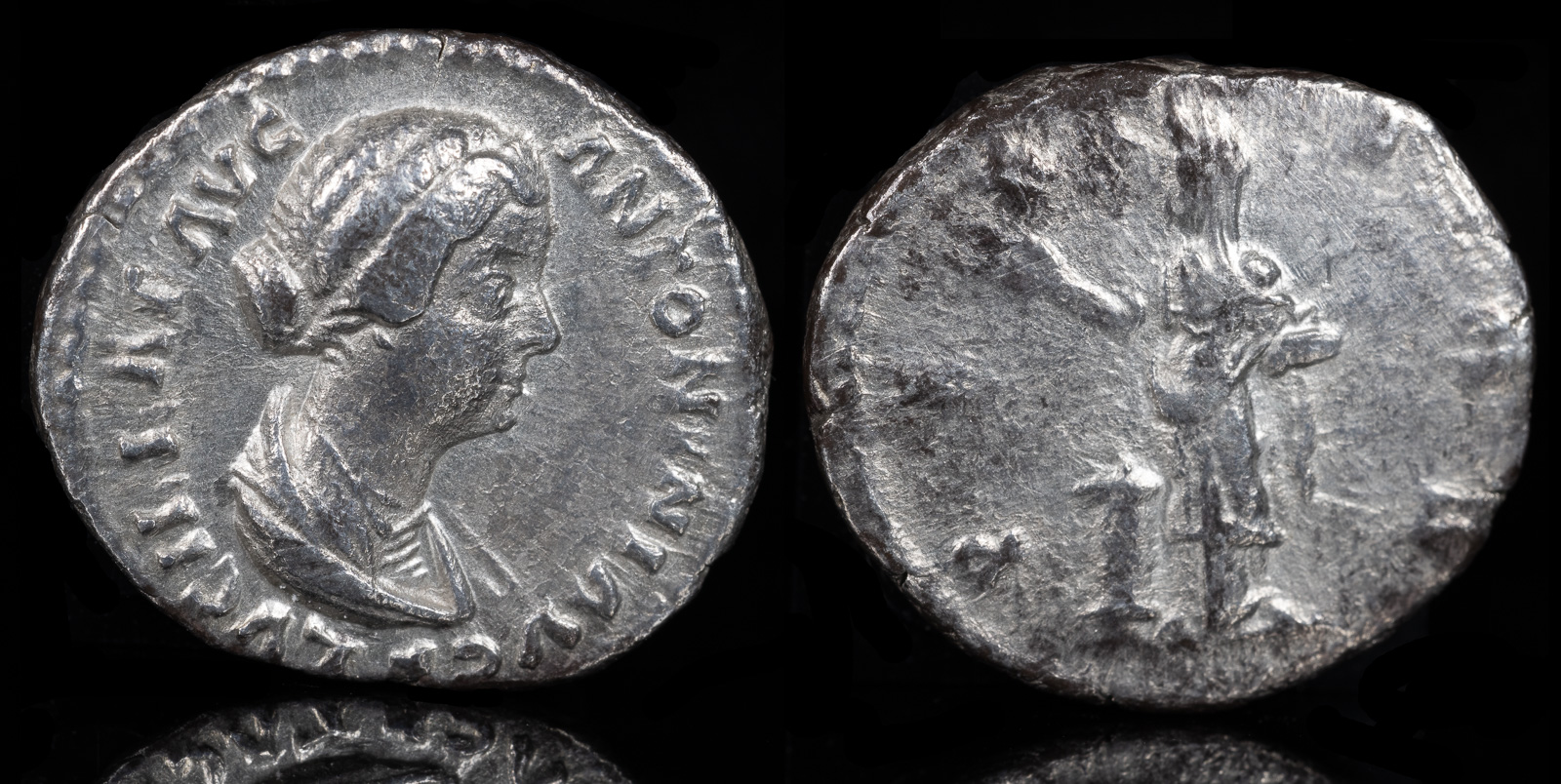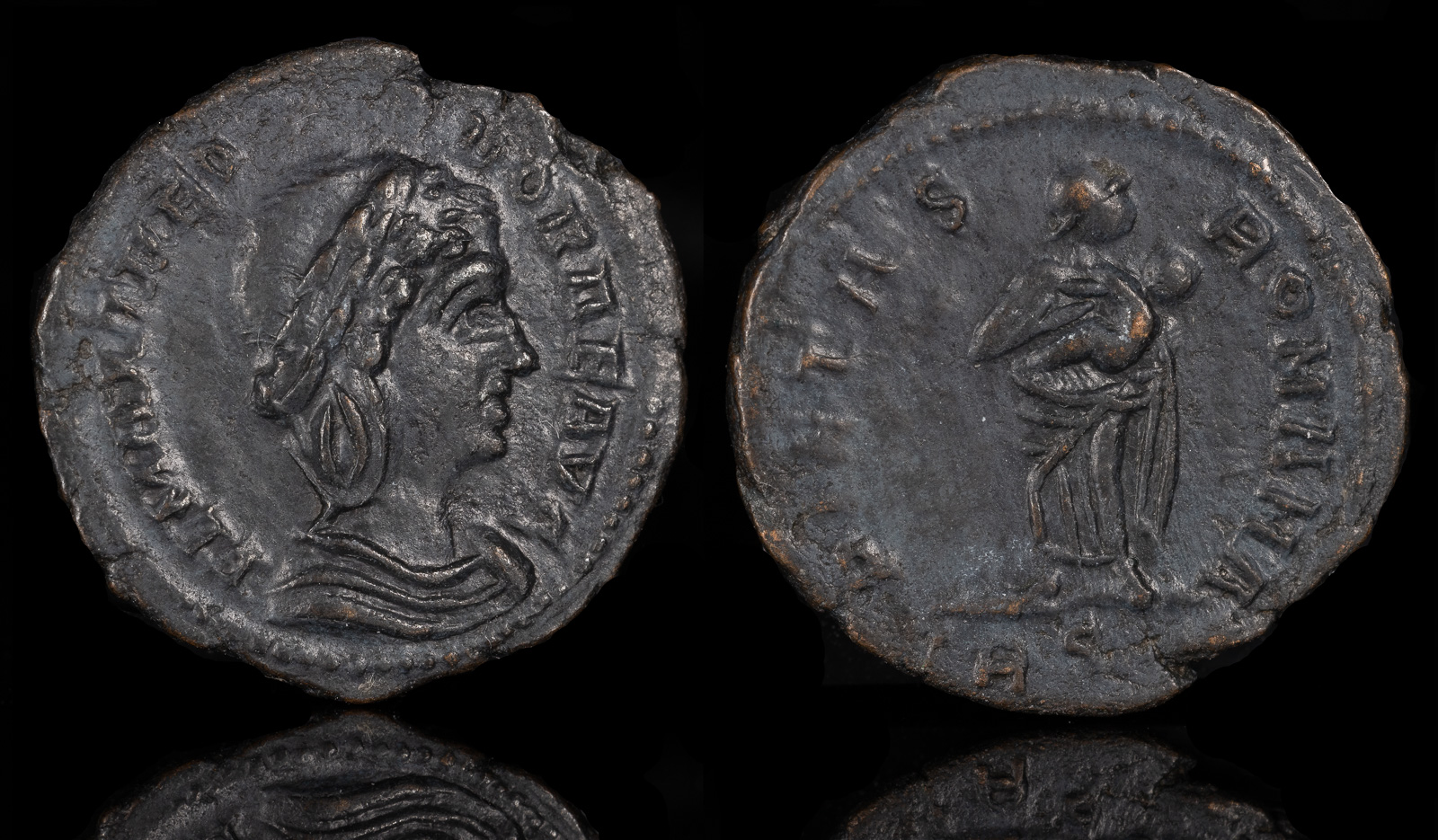Pietas
View All Tags
In Roman mythology and history, pietas was personified by the figure of Pietas, who was often depicted as a matronly woman offering sacrifice to the gods or carrying out familial duties. The most prominent example of pietas in Roman legend is the hero Aeneas, the Trojan prince and the founder of the Roman people. Aeneas’ sense of duty and devotion to his father, Anchises, and his gods was central to his character. His actions throughout the Aeneid, Virgil’s epic, emphasized the idea of sacrificing personal desires for the good of his people and the fulfillment of divine will. Aeneas’ ability to put the needs of the state above his own emotions, particularly his heart-wrenching departure from Dido, Queen of Carthage, is a key manifestation of pietas.
Pietas also had significant implications for Roman family values. It underscored the respect that children owed their parents, particularly the reverence children were expected to show their fathers, and the importance of upholding family traditions. Romans viewed familial piety as crucial to maintaining the stability and continuity of the family line, which in turn contributed to the stability of Roman society as a whole. Additionally, pietas involved showing respect for the ancestors, making offerings, and honoring their memory through proper rites and rituals.
Politically, pietas was closely tied to the Roman concept of virtus (virtue) and was seen as essential for the success of Rome itself. Roman leaders and generals were expected to demonstrate pietas in their leadership and in their actions towards the people and the gods.

Lucilla (daughter of M. Aurelius)
AR Denarius. Rome, 164-180 CE
3.15g, 18mm, 6h
LVCILLAE AVG ANTONINI AVG F, draped bust to right
PIETAS, Pietas standing to left, draped and veiled, raising arm over lighted altar and holding perfume box.
RIC III 775 (Aurelius); BMCRE 317 (Aurelius and Verus); RSC 50
Ex Dr. Busso Peus Nachfolger

Theodora (deceased wife of Constantius I)
Treveri, 337-340 CE
BI Nummus 1.61g, 16mm, 6h.
FL MAX THEODORAE AVG, laureate and draped bust to right
PIETAS ROMANA, Pietas standing facing, head to right, holding child; TRS in exergue
RIC VIII 43